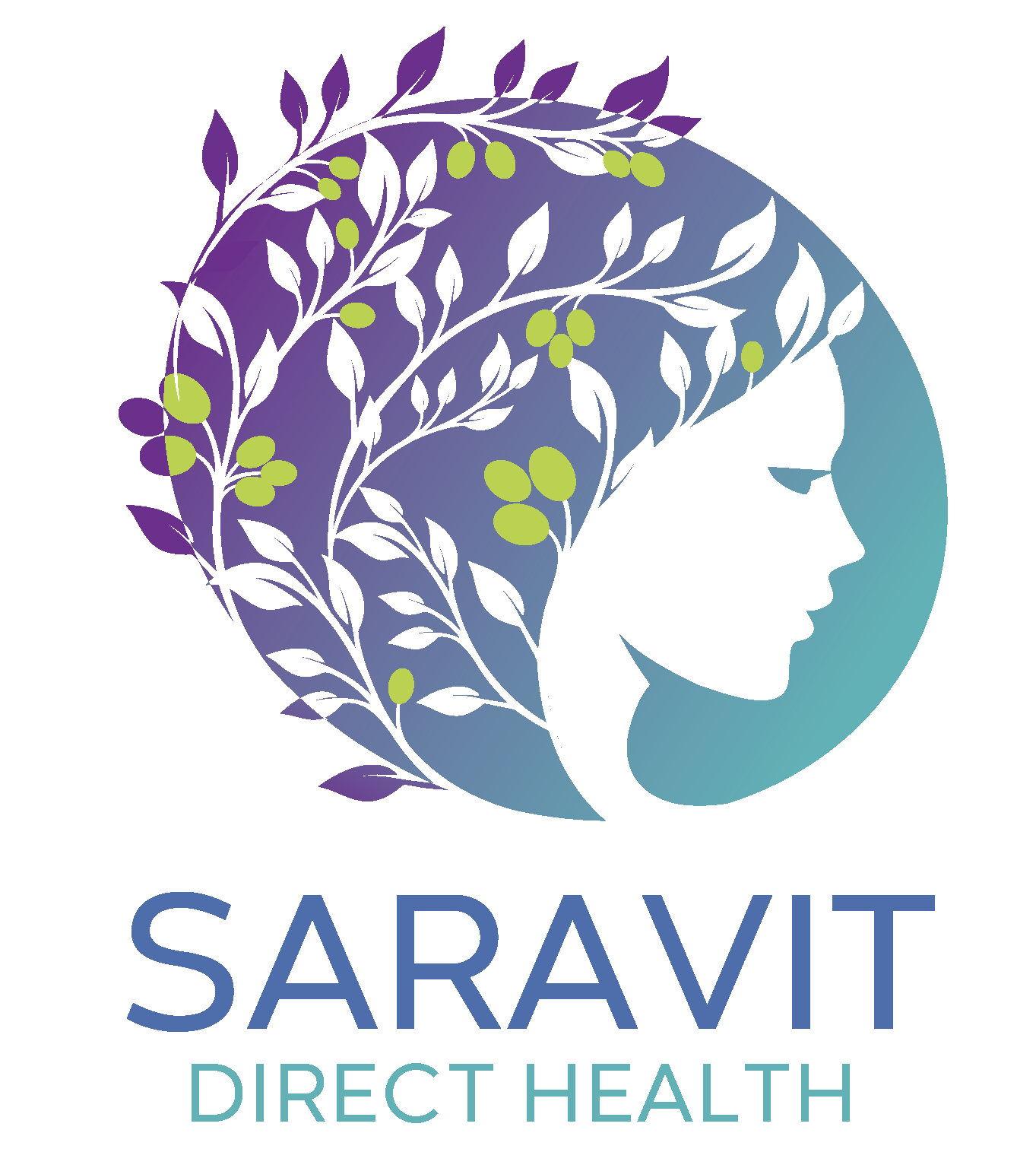Women & Heart Disease: The Risk You Can’t Ignore!
- Feb 13, 2025
- 4 min read

Heart disease is the #1 killer of women. The truth? Women experience heart disease differently and their risk is frequently underestimated, especially during menopause.
Choose to make this heart health month the time you take action! Start making small, strategic choices, that when done consistently, will create a stronger, healthier heart and future.
The Silent Risk: Why Women's Heart Health Matters
Women’s symptoms don't always present typically, which means you may not have the classic “crushing chest pain” that is seen in men. Instead, women may experience:
Fatigue (beyond the usual day-to-day exhaustion)
Shortness of breath (even with mild activity)
Dizziness or nausea
Jaw, neck, or back pain
Unusual anxiety or feeling ‘off’
Since these signs can be subtle, women will sometimes delay seeing their doctors —sometimes until it’s too late. That’s why proactive heart health is a non-negotiable.
Step 1: Get Your Annual Labs for Heart Disease Prevention
Bloodwork is your early warning system for heart disease, and it needs to go beyond just total cholesterol. If your doctor hasn’t checked these markers, now is the time to ask:

Cholesterol Panel – Total cholesterol, LDL, HDL, and triglycerides provide a basic picture of risk. The value I look at the most is the Trig:HDL ratio. Most labs will consider a value less than 3 as normal, however it is more optimal to be less than 2. This ratio is an indication of metabolic health and the higher the value, the greater your risk of heart disease.
ApoB (Apolipoprotein B) – A superior marker that is the actual number of LDL particles which is a more precise assessement of you risk.
Lp(a) (Lipoprotein(a)) – A genetic risk factor that many people don’t even realize they carry. If you’ve never had it checked, ask for it!
Fasting Insulin – Insulin resistance is like gasoline to inflammation which leads to blood vessel damage. Managing blood sugar is critical to heart health. Your insulin levels will rise years before your fasting glucuse and HbA1c (hemoglobin A1C). It is critical, if we want to prevent heart disease, that we check labs upstream - before insulin resistance sets in. Once you have an elevated glucose, prediabetes or type 2 diabetes you have already developed insulin resistance.
hsCRP (high sensitivity CRP) - A marker of chronic inflammation which increases your risk of heart disease, stroke and cancers.
LFT (liver function test) - Your liver is a powerhouse organ and its optimal function is critical for metabolic and heart health. While a normal value for AST and ALT can be as high as 50 U/L (by some labs), I personally recommend values below 20 U/L as being optimal.
These labs empower you with data so you can prioritize your choices to insure you prevent heart disease before it starts.
Step 2: Treat Heart Health with Lifestyle Medicine
Medications can play a role in optimizing your heart health, but lifestyle is the foundation. The right habits, at the right dose, can be just as powerful as medication. Here’s what that looks like:

Heart-Healthy Nutrition: Food as Medicine
Prioritize plant based protein & healthy fats to stabilize blood sugar.
Remove processed foods and refined sugars because they drive inflammation.
Include omega-3-rich foods (wild salmon, walnuts, flaxseeds) for heart-protective benefits.
Load up on fiber from vegetables, berries, and legumes to support gut health and cholesterol balance.
Strength Training for Heart Disease Prevention
Cardio gets all the attention for heart health, but building muscle is even more important. While the recommendation of 150 minutes a week of moderate intensity exercise is a good start, to effectively lower your risk and to age well, strength training has to be included. Strength training:
Lowers blood pressure and improves circulation.
Enhances insulin sensitivity, reducing risk of type 2 diabetes.
Helps maintain lean muscle mass, a key marker for longevity.
Strengthens the heart by improving vascular function.
Aim for 2-3 strength sessions per week—it’s one of the most powerful things you can do for your heart (and bones, metabolism, and confidence!). Building muscle becomes even more important during perimenopause and beyond menopause! Find an accountability buddy and support each other as you adopt this new habit.
The Role of Sleep in Women's Heart Health
Poor sleep increases inflammation and cortisol (stress hormone), which raising heart disease risk.
Aim for 7-9 hours of high-quality, restorative sleep per night. I am a huge fan of tracking your sleep because I've found that most people will overestimate how much sleep they actually get. I personally wear an Oura Ring to track my sleep, heart rate variability and resting heart rate.
Keep a consistent sleep schedule—your heart thrives on routine.
If your sleep is restless, you snore, have mood disorder or struggle with daytime sleepiness then be sure you are screened for sleep apnea.
The Takeaway: Advocate for Your Heart Health
Heart disease is largely preventable, but only if you take action. This February, in honor of Heart Health, make it a priority to:
Book your annual lab work (ask for ApoB, Lp(a), hsCRP and Fasting Insulin!)
Strength train 2-3 times per week
Fuel your body with heart-healthy nutrition. Fiber First!
Prioritize sleep & stress management
Your heart is your lifelong companion—choose to make it strong, resilient, and ready to support you for years to come. You’re worth it.

Ready to Take Control of Your Cardiovascular Health?
If you're looking for guidance and community, join The Vitality Collective—a space for women navigating midlife with strength, confidence, and knowledge. Let’s thrive together!




Comments